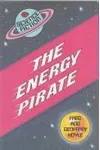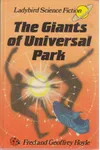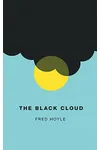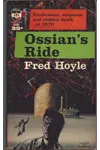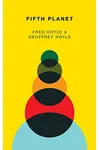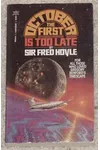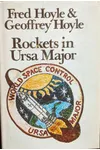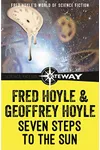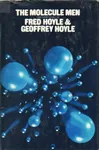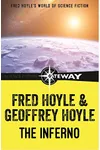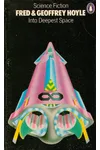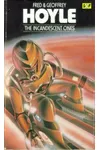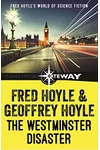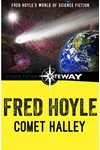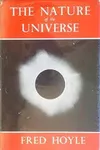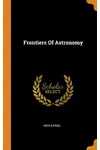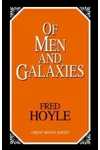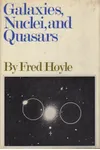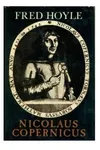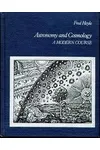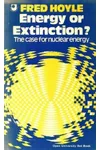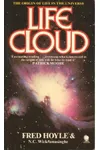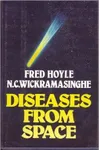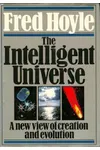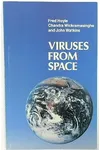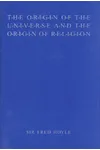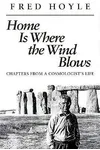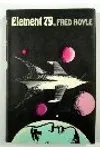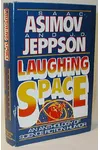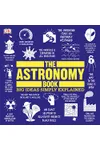Picture a British astrophysicist who dared to challenge the universe’s origin story and penned thrilling science fiction on the side—meet Sir Fred Hoyle! Born in 1915, Hoyle was a maverick thinker who coined the term 'Big Bang' (ironically, to mock it) and championed the steady-state theory, all while crafting novels that blended cosmic wonder with gripping narratives. His life was a fusion of scientific rebellion and creative storytelling, making him a unique figure in both astronomy and literature.
The Making of Fred Hoyle
Born on June 24, 1915, in Gilstead, West Yorkshire, Fred Hoyle grew up in a modest family, with a wool merchant father and a musically inclined mother. A prodigy with a rebellious streak, young Fred skipped school to devour chemistry texts and even dabbled in homemade explosives. His brilliance earned him a scholarship to Cambridge University, where he studied mathematics and astrophysics, setting the stage for a career that would shake up cosmology. World War II saw him working on radar alongside future collaborators Hermann Bondi and Thomas Gold, sparking ideas that would define his legacy.
Fred Hoyle’s Unforgettable Stories
Hoyle’s scientific mind fueled his science fiction, which often explored cosmic mysteries and human survival. His debut novel, The Black Cloud (1957), imagines a sentient gas cloud threatening Earth, blending hard science with existential drama. A for Andromeda (1962), co-written with John Elliot, follows scientists decoding alien signals, inspiring a BBC serial that captivated audiences. Ossian’s Ride (1959) weaves a dystopian chase through an Ireland powered by mysterious technology, showcasing Hoyle’s knack for merging adventure with speculative ideas. His style was accessible yet thought-provoking, grounding fantastical plots in plausible physics, a testament to his dual role as a scientist and storyteller.
Hoyle wrote over 20 novels, many with his son Geoffrey, and his works often reflected his skepticism of orthodoxy, much like his scientific theories. His narratives tackled big questions—life’s origins, humanity’s place in the cosmos—while keeping readers hooked with fast-paced plots. Though not as celebrated as his peers like Arthur C. Clarke, Hoyle’s fiction earned a devoted following for its bold ideas and intellectual depth.
Why Fred Hoyle Matters
Hoyle’s impact transcends his novels and theories. His steady-state model, though overtaken by the Big Bang theory, spurred cosmologists to refine their models, making astronomy a more rigorous science. His work on stellar nucleosynthesis—proving stars forge heavy elements like carbon—revolutionized our understanding of the universe’s chemistry, earning him accolades, though controversially, not a Nobel Prize. As a science popularizer, his BBC radio talks and books like The Nature of the Universe inspired generations. Hoyle’s science fiction, infused with his cosmic curiosity, continues to intrigue readers, bridging the gap between science and imagination.
- Born: June 24, 1915, Gilstead, West Yorkshire
- Key Works: The Black Cloud, A for Andromeda, Ossian’s Ride
- Awards: Knighthood (1972), Royal Medal, Crafoord Prize
Ready to explore the cosmos through Hoyle’s eyes? Grab The Black Cloud and dive into his thrilling blend of science and fiction!



